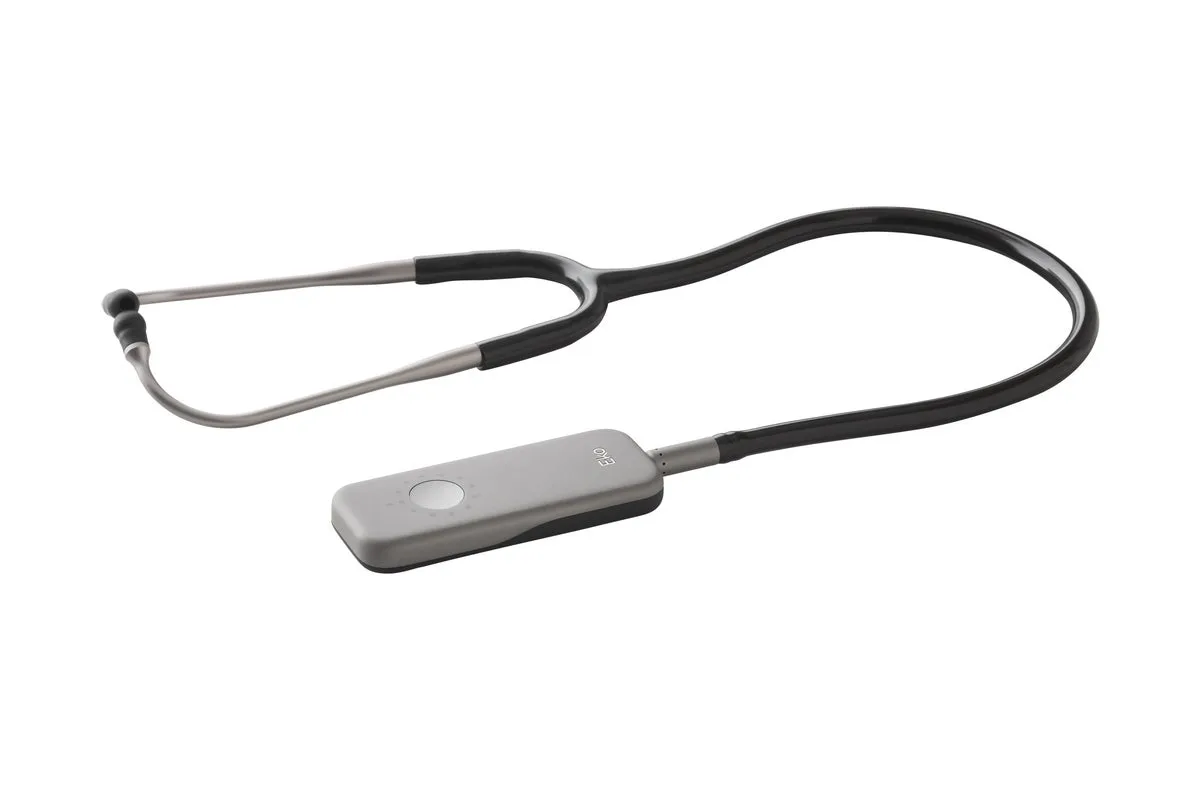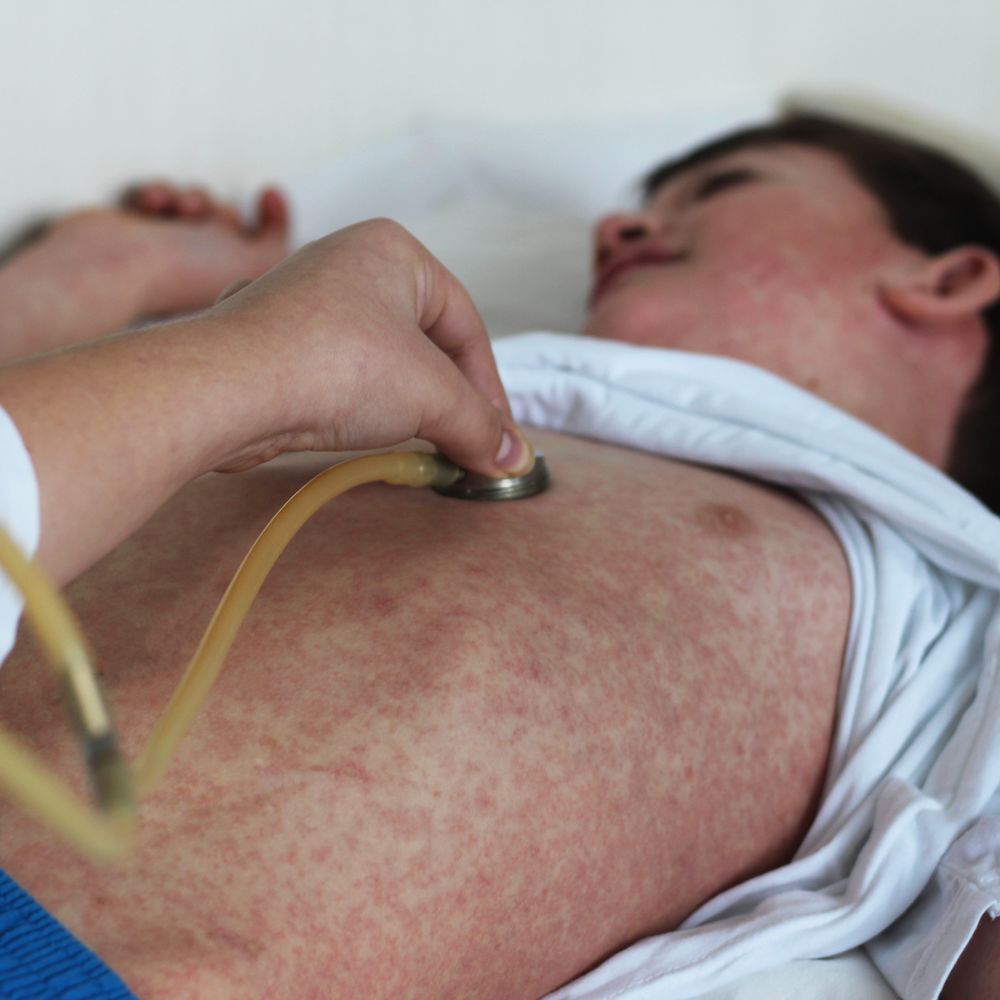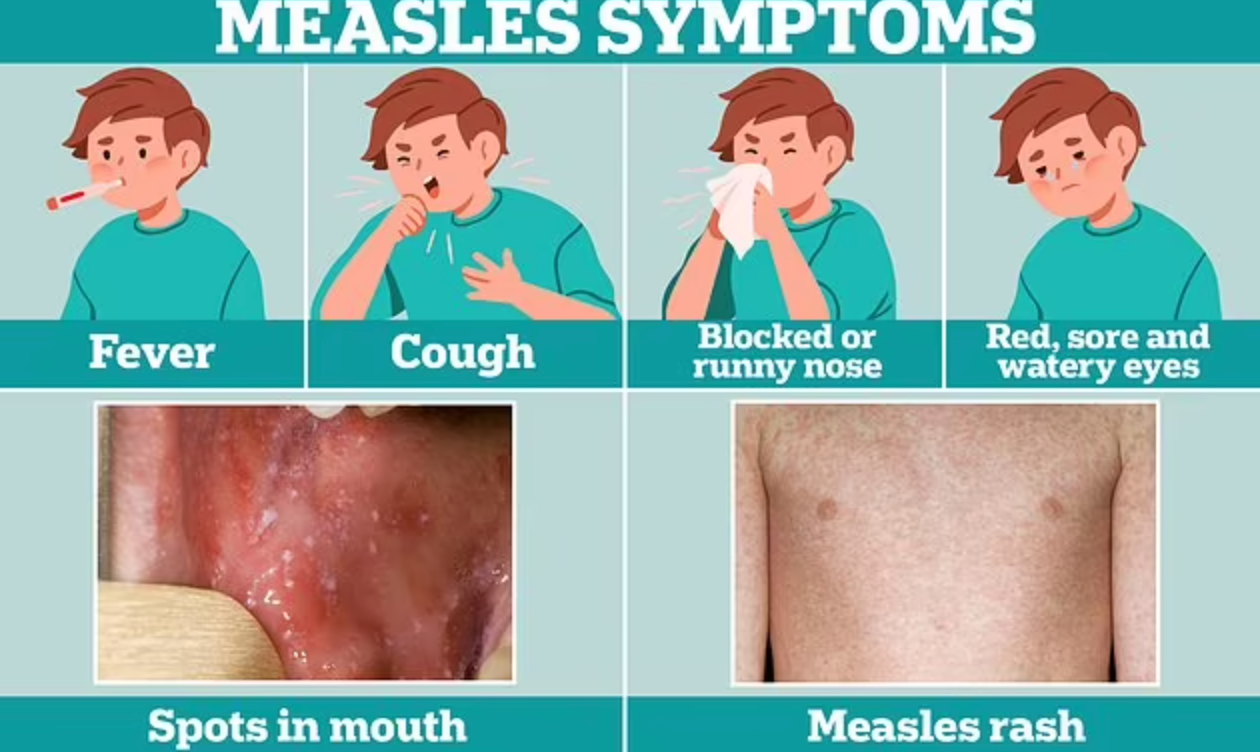Experts warn: Excessive doses of vitamin D can lead to kidney failure
According to the BfR, regular daily intake of vitamin D from high-dose preparations – not for medical reasons – increases the risk of damage to health such as the formation of kidney stones or kidney calcification. There are also cases of acute kidney failure as a result of uncontrolled self-administration of vitamin D preparations. In addition, many vitamin D supplements are ineffective and even harmful. Recommendations for taking vitamin D preparations have been making the rounds on the Internet for a long time, currently also based on indications that infection with the coronavirus or a severe course of a Covid 19 disease could be prevented with it.
These are the symptoms of a vitamin D overdose :
- nausea and vomiting
- loss of appetite
- extreme thirst (polydipsia)
- increased urination (polyuria)
- feeling weak
- a headache
- nervousness
- Kidney stones and kidney damage up to kidney failure
There are indications that an insufficient vitamin D serum level is associated with an increased risk of acute respiratory infections, according to the BfR. In the case of Covid-19, however, the data on this is currently still uncertain. In particular, it has not yet been possible to show that people who are well supplied with vitamin D benefit from an additional dose of vitamin D. “Therefore, a general recommendation to take vitamin D preparations to prevent a Sars-CoV-2 infection or a severe course of a Covid-19 disease cannot be justified at the moment.”
However: General vitamin D intake recommended for nursing home residents
From the point of view of the BfR, a general vitamin D intake of up to 20 micrograms per day should only be considered for nursing home residents.
“Because vitamin D is formed in the skin under the influence of sunlight. However, many older people hardly move outdoors.” In addition, vitamin D formation decreases significantly with age. In the worst case, too much vitamin D deficiency can be fatal.




